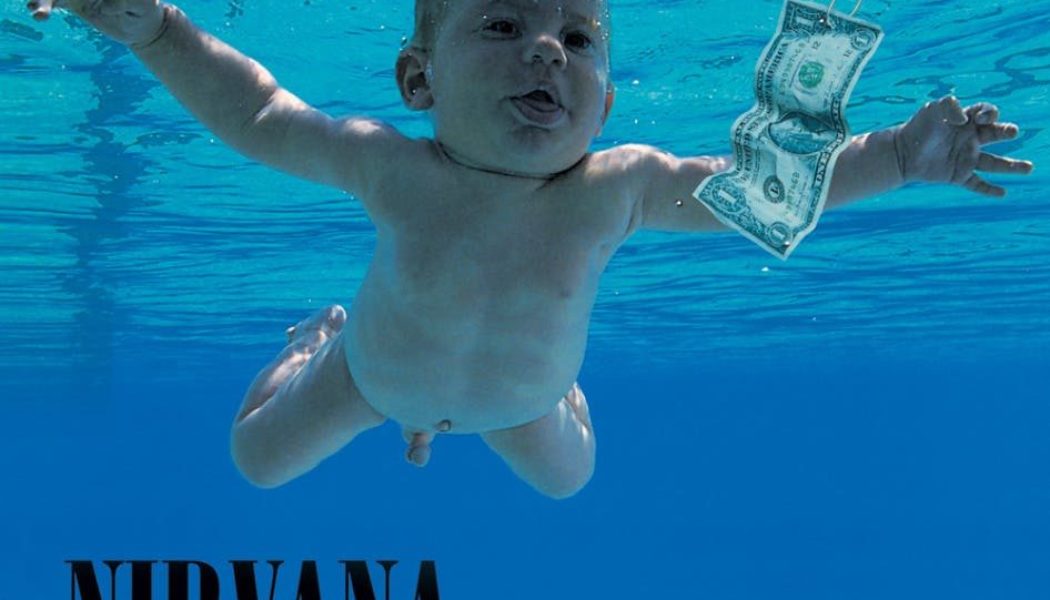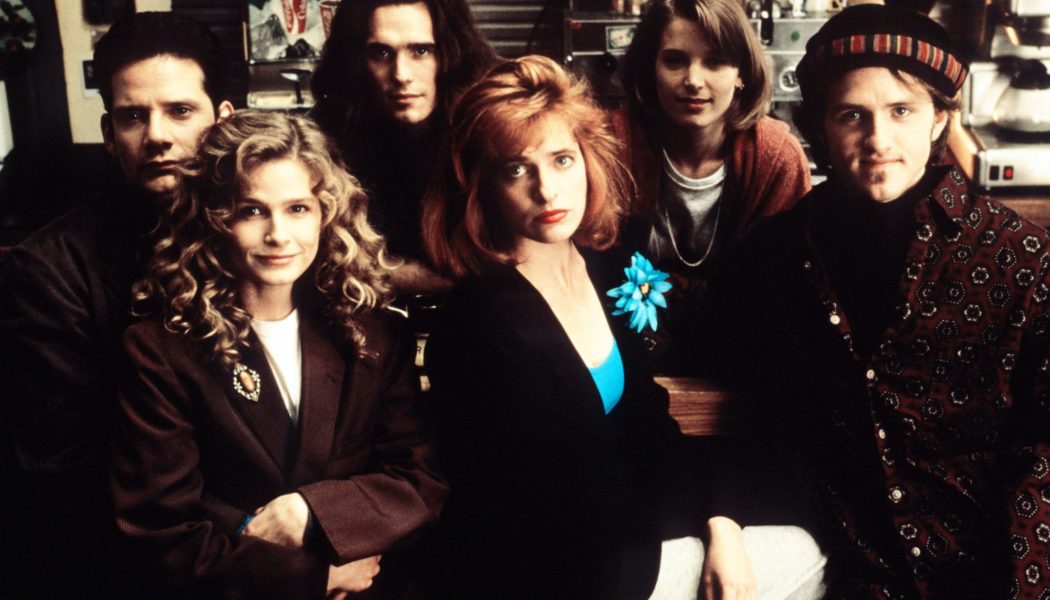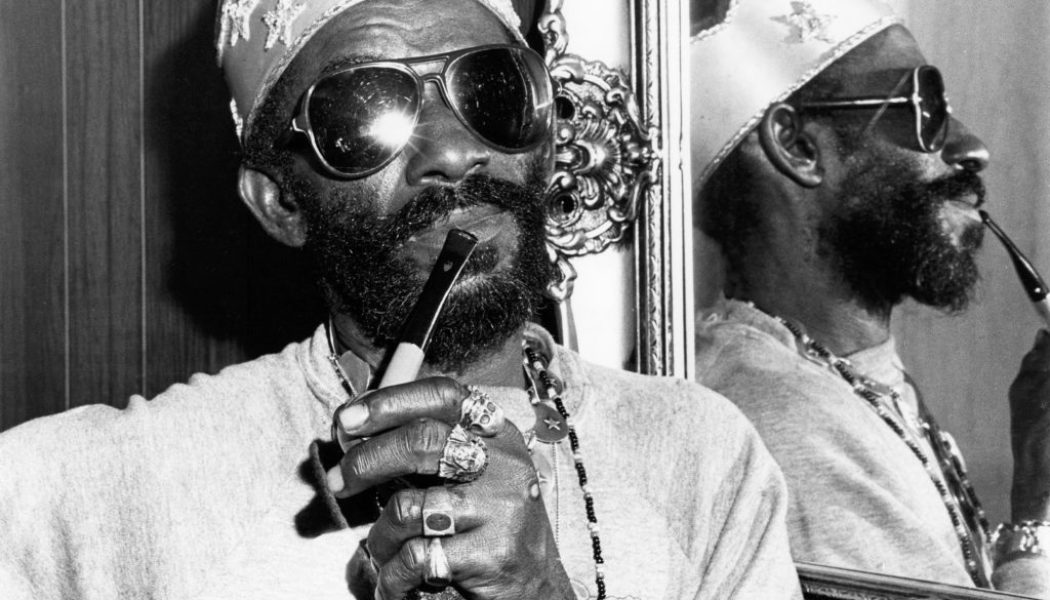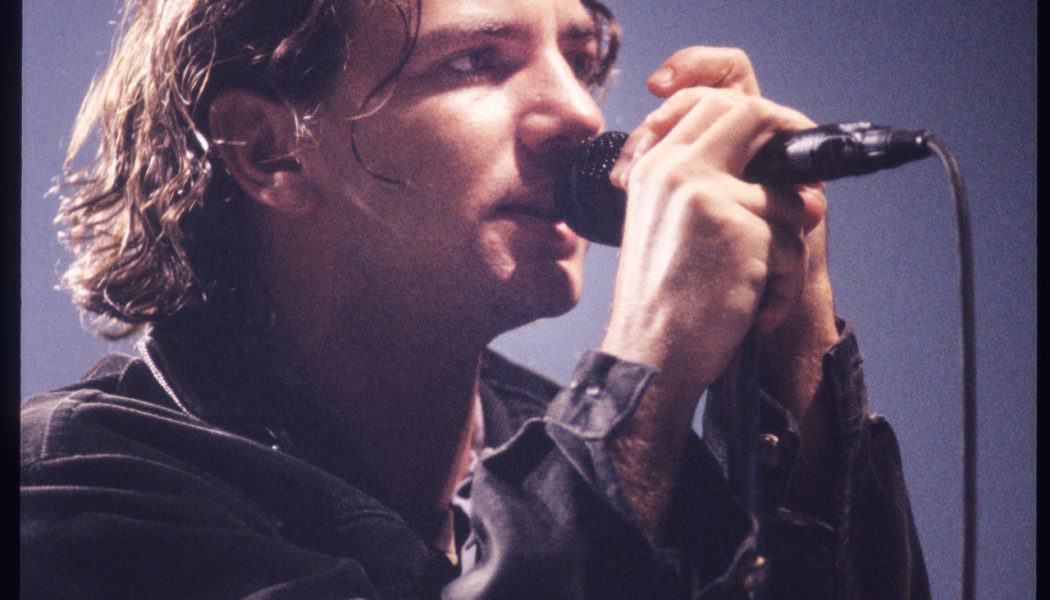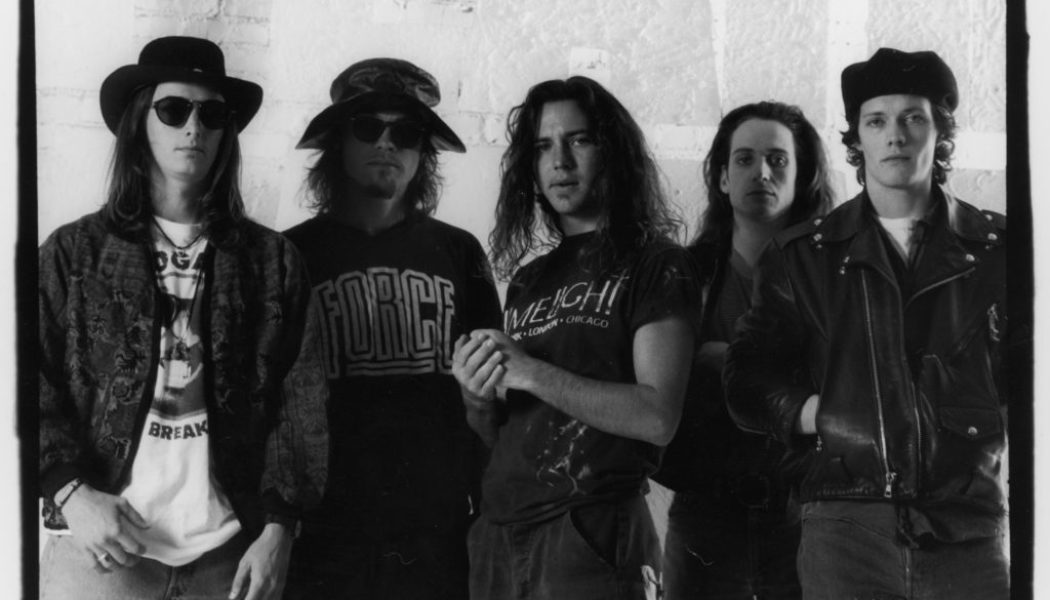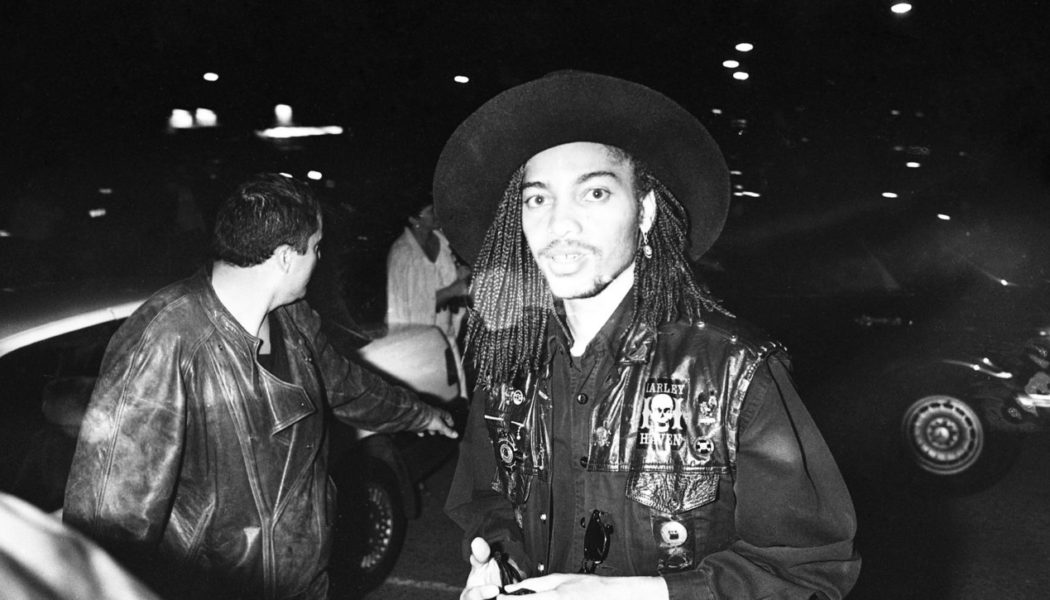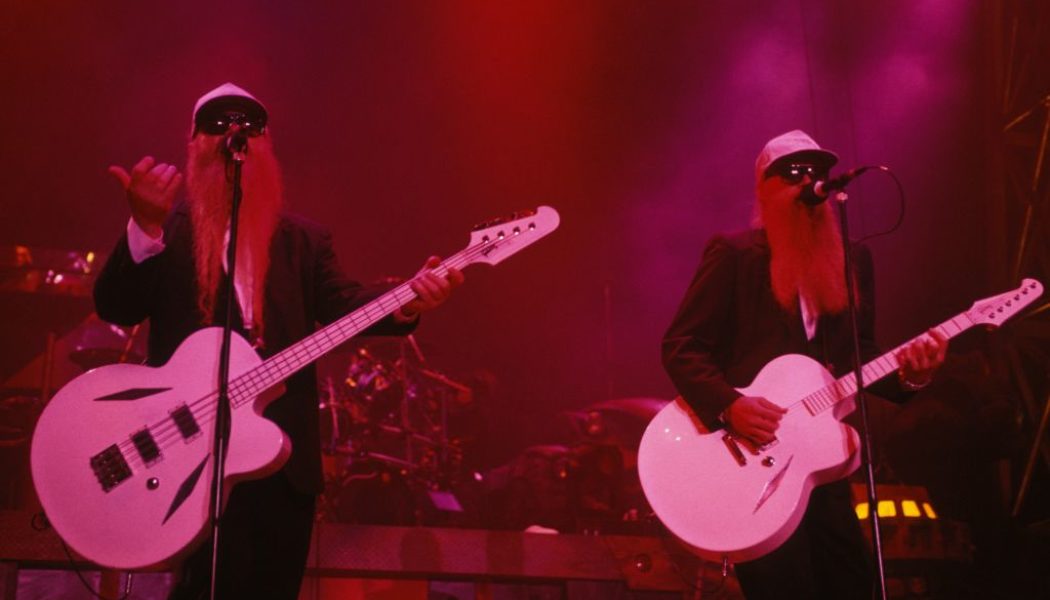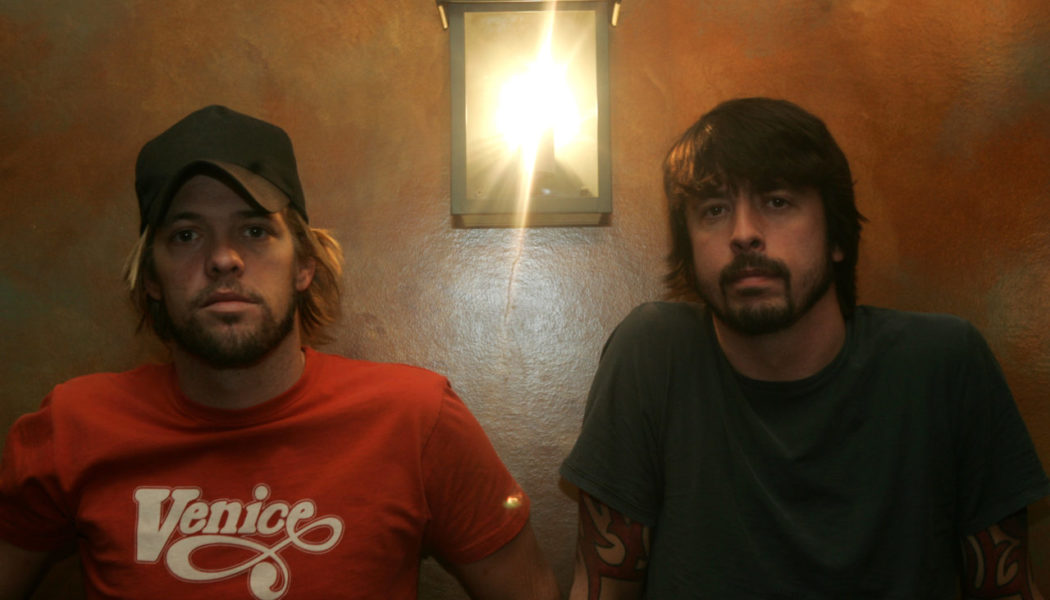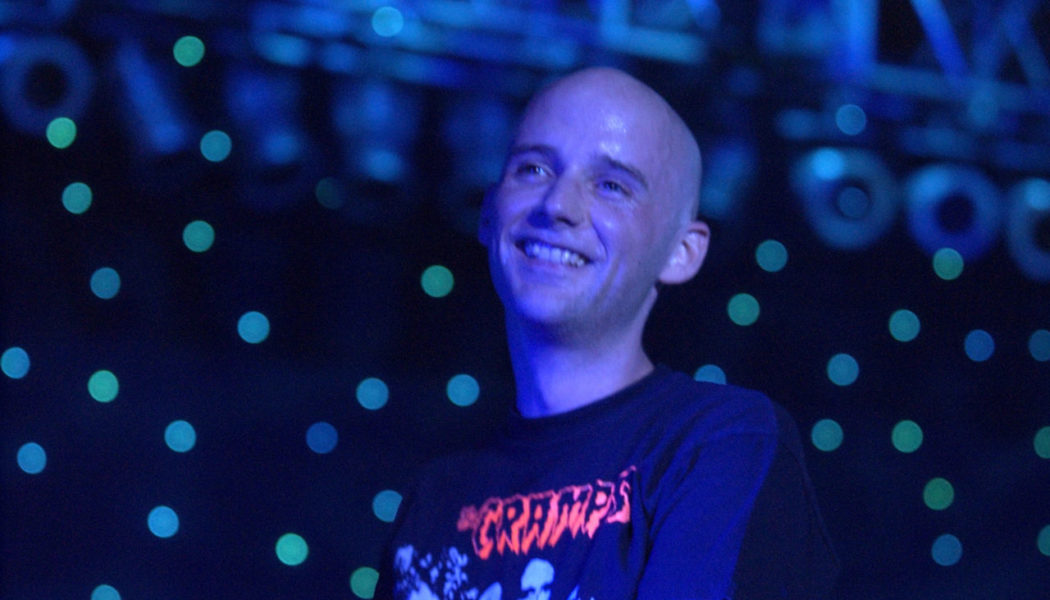Archives
Lauryn Hill: Our 1998 Artist of the Year
This article originally appeared in the January 1999 issue of SPIN. In light of the Fugees reuniting, we’re republishing it here. A baby-on-board Lauryn Hill is feeling “fat and bothered,” hanging out with her mom and toddler son, Zion, in the kitchen of her New Jersey home. “I’m due tomorrow,” she jokes. Actually, she’s got a month to go and she’s still relatively active, planning to catch a screening of Beloved later this evening. Hill originally had a starring role in Oprah’s slavery epic, but had to drop out when she realized she was pregnant. But while the movie didn’t light any box office fires, Hill’s multiplatinum solo debut, The Miseducation of Lauryn Hill, spoke deeply to the everyday experiences of millions of young black women in 1998. And in a fractured musical landscape, it s...
Classic Reviews: Nirvana, Nevermind
This article originally appeared in the December 1991 issue of SPIN. In honor of Nevermind’s 30th anniversary, we’re republishing our original review here. After a most fine lunch on a bright, sunny New York day, Nevermind is blasting through the little box on my desk and the finance department here at the lovely SPIN offices are probably going ballistic. … But so what. Forget the new Guns N’ Roses double overkill. Forget Rush’s Roll the Bones. Nirvana has built this one for speed—that would be speed with a capital S—and it sure is fun to drive. A little bit punk, a little bit metal, a little bit country, a little bit rock ‘n’ roll. What the hell more do you want? Nevermind’s got a full-out rock assault on “Territorial Pissings,” and a beautifully harmonic “On a Plain,” and a really ...
Crowe’s Feat: Our 1992 Cameron Crowe Interview
This article originally appeared in the September 1992 issue of SPIN. In honor of Singles hitting theaters on this date in 1992, we’re republishing it here. Phoebe Cates fellating a carrot. Judge Reinhold beating off in the can. John Cusack lovelorn outside lone Skye’s window holding aloft a boom box blaring Peter Gabriel. Details such as these give director Cameron Crowe’s characters lifespans that linger on long past the closing credits. But Crowe’s most-celebrated contribution to the culture remains Fast Times at Ridgemont High’s stumbling, mumbling über-stoner, Jeff Spicoli, whose frazzled spirit was almost supernaturally caught by Sean Penn. The director has worked with a high caliber of acting talent ever since. Constructed as Love, American Style—type vignettes chronicling...
Reggae’s Mad Scientist: Our 1985 Feature on Lee ‘Scratch’ Perry
This article was originally published in the May 1985 issue of SPIN. In light of Perry’s death, we’re republishing it here. When people said to Bob Marley that his friend Lee “Scratch” Perry was mad, Marley would reply, “Him not mad, him just Scratch.” They were not always persuaded. Indeed, one of Mr. Perry’s several epithets is “The Mad Scientist,” which took on its true meaning when he trashed his Black Art recording studios in Kingston, Jamaica, and spent several months planting small black crosses on every available square inch of his property. He also changed his name to Pipecock Jackson for a short time and for no apparent reason. “It’s great to be mad . . . it’s a pleasure,” cackles Lee. We are squashed together in the tiny back room of a North London record shop, drinking cooking ...
The Road Less Traveled: Our 1997 Pearl Jam Cover Story
This article originally appeared in the February 1997 issue of SPIN. In honor of No Code turning 25, we’re republishing this article here. Here is a joke Eddie Vedder told me. It wasn’t the only joke he told, but it was probably the best, and it bears repeating. “How many members of Pearl Jam does it take to change a lightbulb?” When Eddie Vedder asks a question of you, or you of him, or when he makes an important point, or when he shares something with you and wants a reaction, his eyebrows shoot up so they’re suddenly at right angles to each other. It brings to mind disbelieving girlfriends, mean teachers, and Satan. It’s an altogether unwelcoming look, and it’s immediately amplified by a steely glare and furrowed brow. For a moment—a long moment—you can’t help but believe thos...
Pearl of Wisdom: Our 1991 Pearl Jam Feature
This article originally appeared in the September 1991 issue of SPIN. In honor of Pearl Jam’s Ten turning 30 today, we’re republishing this article here. It’s a rock ‘n’ roll comfort thing—you wouldn’t understand. Especially if you’re a guard at Harrod’s department store in London, where Seattle’s Pearl Jam discovered that the ensemble the band wears—cut-off fatigue shorts accessorized with electrical tape, tie-dyed long underwear, and rock T-shirts—is completely misunderstood. The members of the seductively churning rock band found this out when a guard asked them to leave the premises, even though vocalist Eddie Vedder offered to go straight to the men’s department and buy something else to wear. He was denied, and Pearl Jam was escorted from the store. The guard obviously didn’t ge...
On The Road Again: Our 1989 Rolling Stones Cover Story
This article originally appeared in the December 1989 issue of SPIN. In light of Charlie Watts’ death, we’re republishing it here. Ian Stewart, 1975: The Beatles… I think they are nice lads who wrote pretty songs, but they are horribly overrated. In fact, most of the Liverpool groups were overrated, they were all musically inept completely. Some of them could sing, but they could never play their instruments. You could count the number of good musicians who came out of Liverpool on one hand. By 1964, the Stones took off, and it was obvious that they were going to have the same kind of following that the Beatles had got. But Andrew [Loog Oldham, the Beatles’ publicist and the Rolling Stones’ first manager] thought they couldn’t go on playing Muddy Waters material and maintain it,...
Son of a Preacher Man: Our 1989 Terence Trent D’Arby Cover Story
This article originally appeared in the October 1989 issue of SPIN. At 8:30 in the morning, the interview finally over, Terence Trent D’Arby still wants to talk. The English sun, such as it is, has begun to trickle in through the windows of his Knightsbridge townhouse, and turned the streets outside, a quiet neighborhood of “doctors and arms dealers,” according to D’Arby, from a slate gray to the chalky color of a forgotten cup of coffee. Another London summer day is just beginning. D’Arby’s girlfriend, Mary, and their seven-and-a-half-month-old daughter, Sarafina, have already come downstairs for the morning. “Would you stay for breakfast?” he asks, addressing both me and the CBS vice president in charge of publicity, Marilyn Laverty, who has waited on a cotton sofa ...
Three Men and a Good Time, Baby: Our 1991 ZZ Top Cover Story
A version of this story was originally published in the February 1991 issue of SPIN. In light of Dusty Hill’s passing, we’re republishing it here. Overheard speaking in the nasal twang of the Great Southwest, during the finale of a ZZ Top concert: “Well, talk about your everlovin’ son et lumiere! Hot damn, Vietnam!” The speaker, standing just behind me, was a lank and leather-skin English professor from the University of Texas. We had exchanged a few words earlier, when he had remarked of the similarity of the ZZ sound to that of the Rolling Stones, in such a way as to invite my response, which I didn’t deny him: “It’s probably safe to say,” I ventured in my most scholarly tones, “hurmph, hurmph, that they both come from the same bag, but have remained distinct … if you garner my innu...
The Secret Side of Dave Grohl: Our 2005 Foo Fighters Cover Story
This article originally appeared in the August 2005 issue of SPIN. In honor of the Foo Fighters headlining Lollapalooza again tonight, we’re republishing this article. The road to Studio 606, the new multimillion-dollar Foo Fighters headquarters, isn’t paved with gold. Rather, it’s paved with common asphalt, marred by rush-hour traffic, and dotted with all the symbols of suburban sprawl: take-out chicken joints, chain drug stores, a drive-thru Starbucks. On the heels of the band’s 2002 back-from-the-brink-of-breakup album, One by One (like all Foo releases, certified platinum), singer/guitarist Dave Grohl could’ve set down roots anywhere. After all, Foo Fighters are that rarest of breeds—a remarkably consistent, long-lasting rock band—and their global success, not to mention Grohl’s n...
From Super Nerd to Super Star: Our 2002 Moby Cover Story
This article originally appeared in the June 2002 issue of SPIN. It is the end of one of the world’s grandest athletic events. Seventy-eight nations have sent their best to this wintry city, and now just two champions remain, facing each other at last. The hours of practice and the years of work all come down to this one final moment. Bon Jovi vs. Moby. Tonight’s closing ceremony for the 2002 Olympic Winter Games is the sort of all-star, triple-axel extravaganza that makes Super Bowl halftime seem austere. Already here at Salt Lake City’s Rice-Eccles stadium, a fire-flanked Kiss have rocked (on ice!) with former Olympic figure skaters Katarina Witt and Kristi Yamaguchi; Harry Connick Jr. has sung for skating legend Dorothy Hamill; and Earth Wind & Fire have jammed with what appeared to...
It’s Only Roth ‘N’ Roll: Our 1986 David Lee Roth Cover Story
A version of this story was published in the April 1986 issue of SPIN. In honor of the 35th anniversary of Eat ‘Em and Smile, we’re republishing this article here. In another life, David Lee Roth was Attila the Hun. He led a bunch of barbarians—who looked curiously like Van Halen—around the world, sacking and pillaging as they went. In yet another life, David Lee Roth was Jesse James. His heroes include Muhammad Ali and Ray Kroc. He got his first radio from his uncle Dave when he was 8, and from that time on, he knew what he wanted to do. He would lay in bed, the radio across the room, a stick taped to the dial so he wouldn’t have to get out of bed to change stations. He met the other members of Van Halen about 10 years later. Their debut album went gold three months after it came out...


